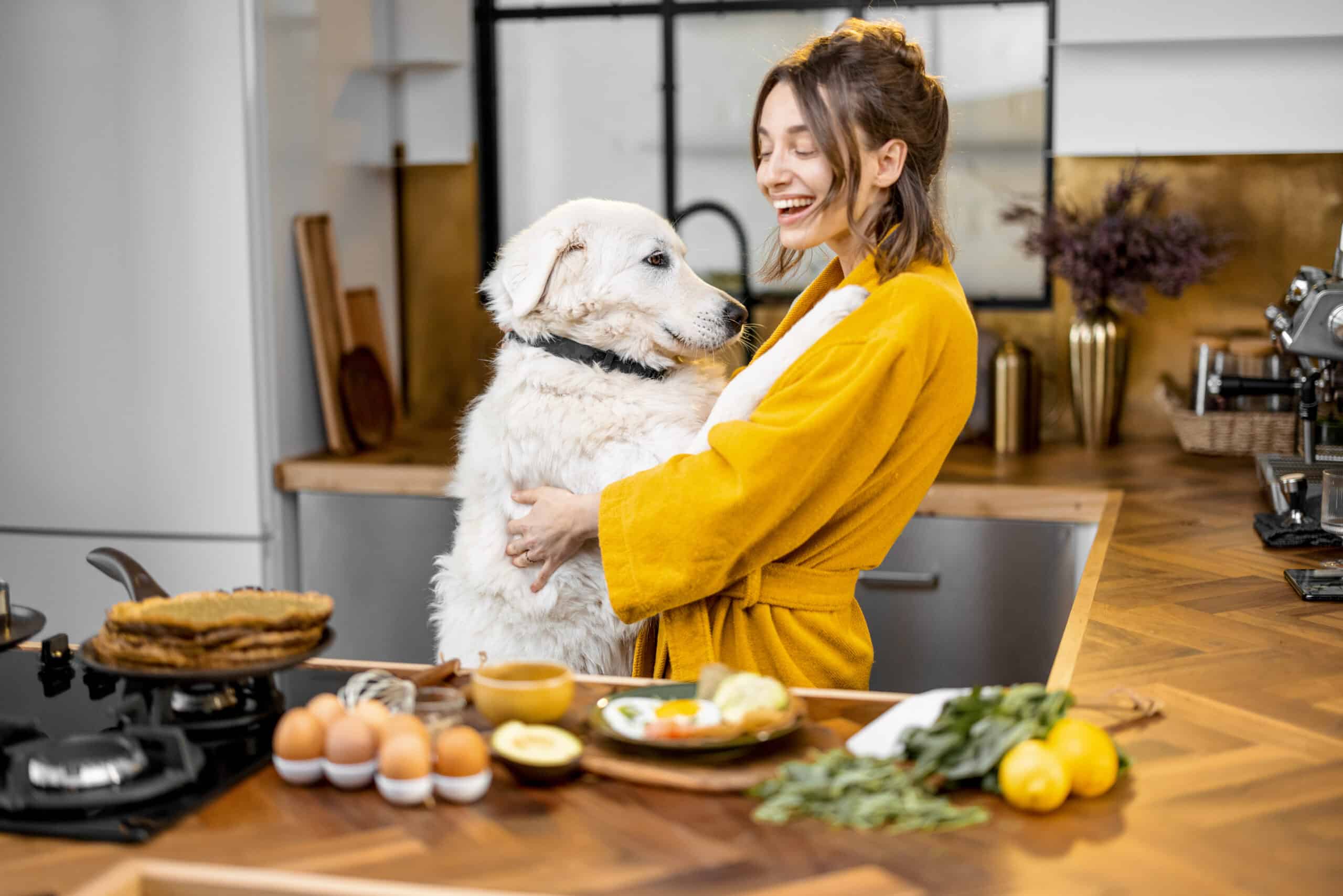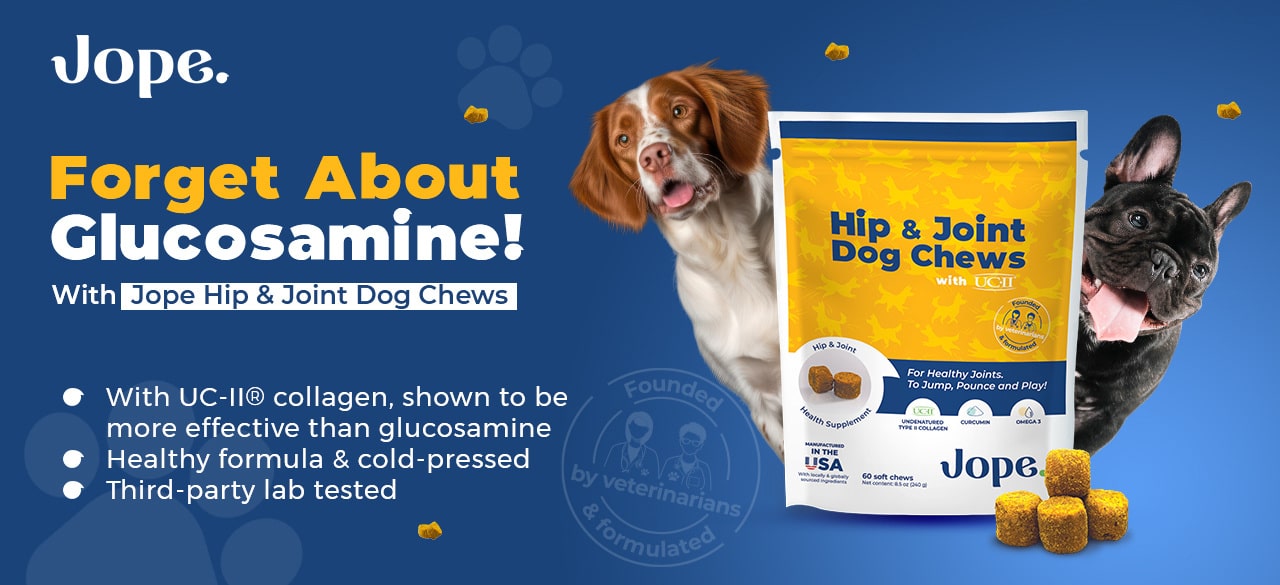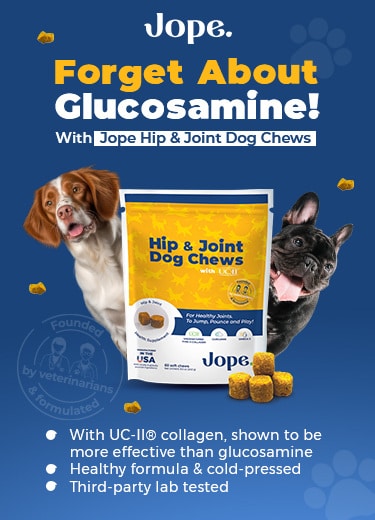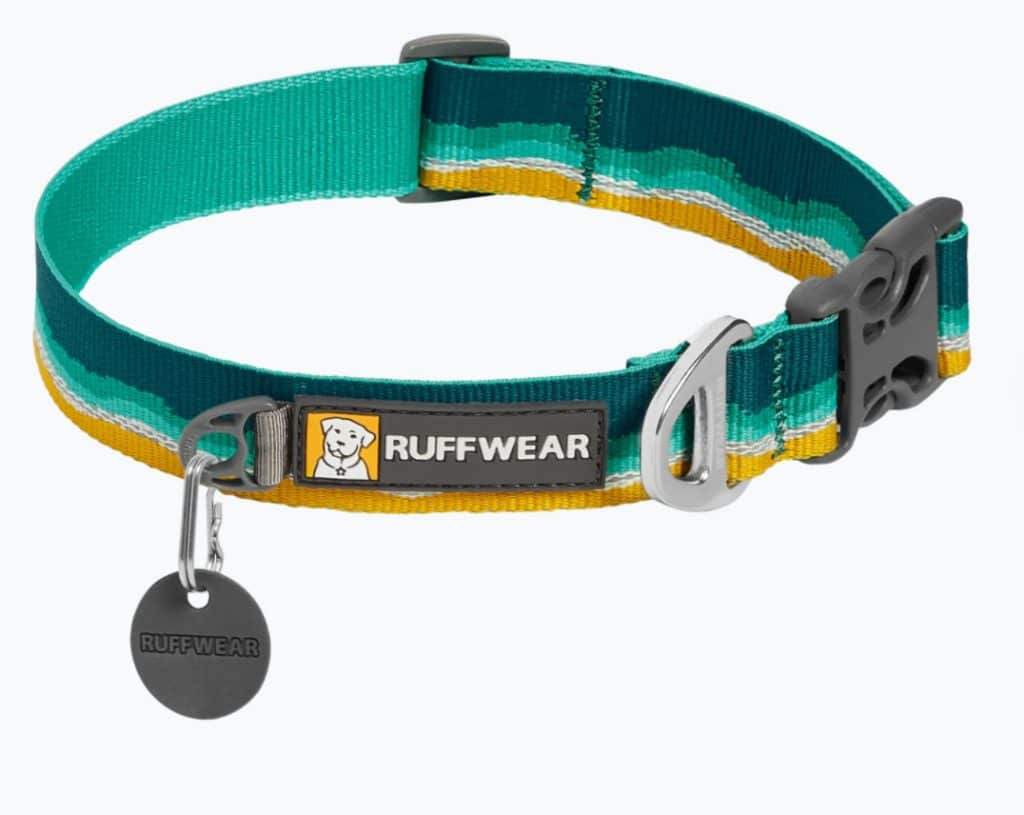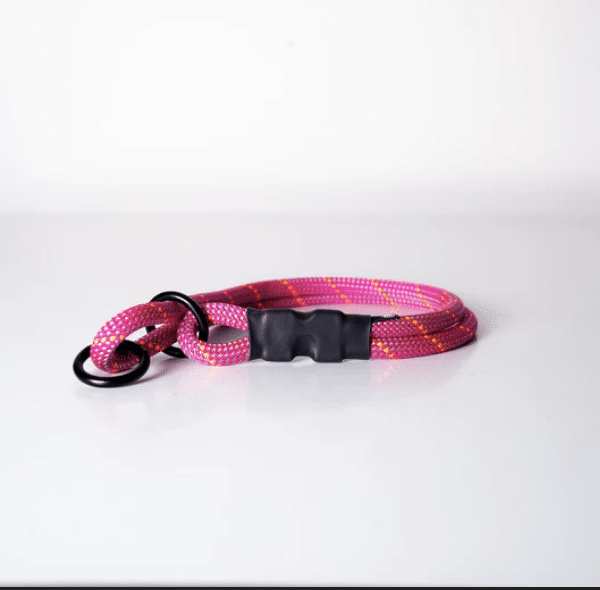All of the information contained in this article was reviewed by Linda Case, an internationally known science writer, author, canine nutritionist, and dog trainer. She is the founder of The Science Dog and the author of several books, including DOG FOOD LOGIC and FEEDING SMART. You are invited to sign up for one of Linda’s canine nutrition and feeding courses on her website. Linda Case is also the featured guest on Episode 2 of Love, Dog: The Podcast.
*****
STORY AT A GLANCE
- Cooked eggs can be a safe and nutritious addition to your dog’s diet when fed in moderation. They offer a range of beneficial nutrients that can support your dog’s overall long-term health.
- Eggs are often referred to as a “complete protein.”
- Egg yolks are one of the most concentrated sources of choline in the diet, making them a valuable addition to your dog’s nutrition plan. Choline is an essential component of cell membranes and plays a crucial role in several physiological processes.
- While eggs can be a healthy treat, supplement, or topping, they do not replace a fully balanced meal plan which addresses the full spectrum of your dog’s nutritional requirements.
*****
One question that often comes up in discussions about canine nutrition, particularly when discussing whether or not dogs can or should eat human food at all, is whether it’s safe to feed your dog eggs. So, let’s explore some of the benefits and any potential risks of incorporating eggs into your dog’s diet.
ARE EGGS SAFE FOR DOGS TO EAT?
The short answer is yes! Cooked eggs are generally safe for dogs to eat. In fact, eggs can be a beneficial addition to your dog’s diet because they’re packed with essential nutrients . . . and dogs tend to absolutely love them! An important note here: we strongly urge you to stay away from feeding your dog raw eggs because of the trypsin inhibitor found in the albumin (egg white) and because of avidin, a glycoprotein that inhibits biotin absorption. Also, you’ll avoid contamination that often comes from a number of food borne microbes, such as salmonella.

WHAT ARE SOME OF THE NUTRITIONAL BENEFITS FROM EGGS?
Eggs are often referred to as a “complete protein” because they contain all the essential amino acids that dogs need. They’re also rich in various vitamins and minerals that can support your dog’s health. Here’s a list of the key nutrients found in eggs that can benefit dogs:
- Protein: Eggs are an excellent source of high-quality protein, which is essential for muscle development and repair.
- Fatty Acids: The yolks contain essential
fatty acids that contribute to skin and coat health.
- Vitamin A: Generally known to support eye health, immune function, and cell growth.
- Vitamin B12: Essential for nervous system function and the formation of blood cells.
- Riboflavin (Vitamin B2): Helps in enzyme function and energy production.
- Selenium: An antioxidant that supports immune function and thyroid health.
- Iron: Crucial for the production of hemoglobin, which carries oxygen in the blood.
- Folate: Considered important for DNA synthesis and red blood cell production.
- Choline: A crucial nutrient for brain health, liver function, and metabolism.
WHAT IS CHOLINE, AND IS IT GOOD FOR YOUR DOG?
There’s been a lot of talk lately about choline as it relates to cognitive function in both humans and dogs. It may also provide other benefits, so let’s take a closer look at choline.
Egg yolks are one of the most concentrated sources of choline in the diet, making them a valuable addition to your dog’s nutrition plan. Choline is an essential component of cell membranes and plays a crucial role in several physiological processes. Other foods that contain choline include organ meats, legumes, dairy products, and whole grains. Choline is known to support:
- Brain Function: Choline is a precursor to acetylcholine, a neurotransmitter important for memory, mood, and cognitive function.
- Liver Health: Choline helps prevent the accumulation of fat in the liver, supporting overall liver function and health.
- Cellular Function: It’s essential for the structure and signaling functions of cell membranes.
- Metabolism: Choline plays a role in fat metabolism and transport.
- Puppy Development: For pregnant dogs and puppies, choline is crucial for proper brain and eye development.
While dogs can produce some choline in their livers, they typically don’t produce enough to meet their needs, making dietary sources such as egg yolks important. The National Research Council recommends a minimum of 425 mg of choline per kilogram of dry food for adult dogs.
HOW MANY EGGS CAN A DOG SAFELY EAT?
The number of eggs considered safe for a dog to eat depends on several factors, including the dog’s size, overall health, and regular diet. As a general rule of thumb:
- Small dogs (under 20 pounds): No more than 1/4 to 1/2 an egg per day
- Medium dogs (20-50 pounds): Up to one whole egg per day
- Large dogs (over 50 pounds): One to two eggs per day
In general, do your best to ensure that eggs don’t make up more than 10% of your dog’s daily calorie intake. Feeding eggs a few times a week rather than daily can also be a good approach.
HOW SHOULD YOU PREPARE YOUR DOG’S EGGS?
We can have some fun with this since there are any number of ways to prepare eggs for the pooch! While eggs are generally safe for dogs, cooking them is essential, and the method of preparation can affect both safety and nutritional value. Let’s explore the common ways to prepare eggs and take a look at some of the pros and cons for each method.
Soft-Boiled Eggs: Soft-boiled eggs are often considered one of the best ways to prepare eggs for dogs. Here’s why:
- They’re cooked enough to reduce the risk of any contaminants that might be harmful but not so much that heat-sensitive nutrients are destroyed.
- The runny yolk preserves more nutrients, especially fat-soluble vitamins and choline.
- The softer texture can be easier for some dogs to digest.
To soft-boil an egg, place it in a pot of boiling water for 7 minutes, then cool it quickly under running cold water before peeling and serving.
Hard-Boiled Eggs: Hard-boiled eggs are also a good option:
- They’re fully cooked, eliminating any risk of contamination from any food borne microbes.
- They’re easy to prepare in batches and to store.
- You can easily control portion sizes by cutting the egg into pieces.
I find the best way to hard boil eggs is to place the eggs in a pot of cold water (the water should cover the eggs), bring to a boil, and let the eggs boil for about two minutes, then turn the heat source off; cover, and let sit for 12-15 minutes. Cool the eggs under cold running water and let sit for a few minutes before peeling.
Scrambled Eggs: Scrambled eggs can be a good choice, but with some caveats:
- Ensure they’re cooked without butter, oil, or seasonings..
- They’re easy to mix with other foods if needed. They make a great topping!
Poached Eggs: Poached eggs are similar to soft-boiled eggs in terms of benefits:
- They’re cooked without added fats.
- The yolk can remain somewhat runny, preserving nutrients.
Note: Poached eggs tend to be more challenging to prepare consistently. I’ve run into plenty of restaurants that have discontinued offering poached eggs because they’re difficult to turn-out consistently, and customers, I’m told, often complain.
Raw Eggs: While some dog owners advocate for raw eggs, veterinary nutritionists generally give them a thumbs-down due to:
- Risk of contamination from salmonella and other food borne microbes
- Potential interference with biotin absorption from raw egg whites
- Trypsin inhibitor(s) found in raw egg whites function to negatively impact the dog’s ability to digest dietary protein.
WHAT ARE SOME OF THE POTENTIAL RISKS OF FEEDING YOUR DOG EGGS?
While cooked eggs are safe and a great source of nutrition for dogs, there are some potential risks and precautions to consider: As stated above, raw eggs can contain contaminating food borne microbes, which can be harmful to dogs (and humans). To minimize this risk, it’s best to cook the eggs first.
Egg whites contain a protein called avidin, which can interfere with the absorption of biotin (Vitamin B7) if fed in large quantities over time. However, this is typically only a concern if you’re feeding your dog a diet consisting primarily of raw egg whites. So, as we already stated, both moderation and cooking are critical.
While rare, some dogs may be allergic to eggs. If you’re introducing eggs to your dog’s diet for the first time, start with a small amount and watch for any signs of an allergic reaction, such as itching, swelling, or gastrointestinal upset.
Eggs are calorie-dense, so just as with any other food, overfeeding can lead to weight gain, which, in most cases, you’ll want to avoid! Try to account for the additional calories when incorporating eggs into your dog’s diet.
FINAL NOTE
I suggest you read Feeding Your Dog For Longevity on lovedog.com by Dr. Gary Richter. It’s actually the entire Chapter 3 from his book, Longevity For Dogs. And, listen to Episode 2 of Love, Dog: The Podcast, How To Feed Your Dog, with guest, Linda Case.
subscription
LOVE, DOG

